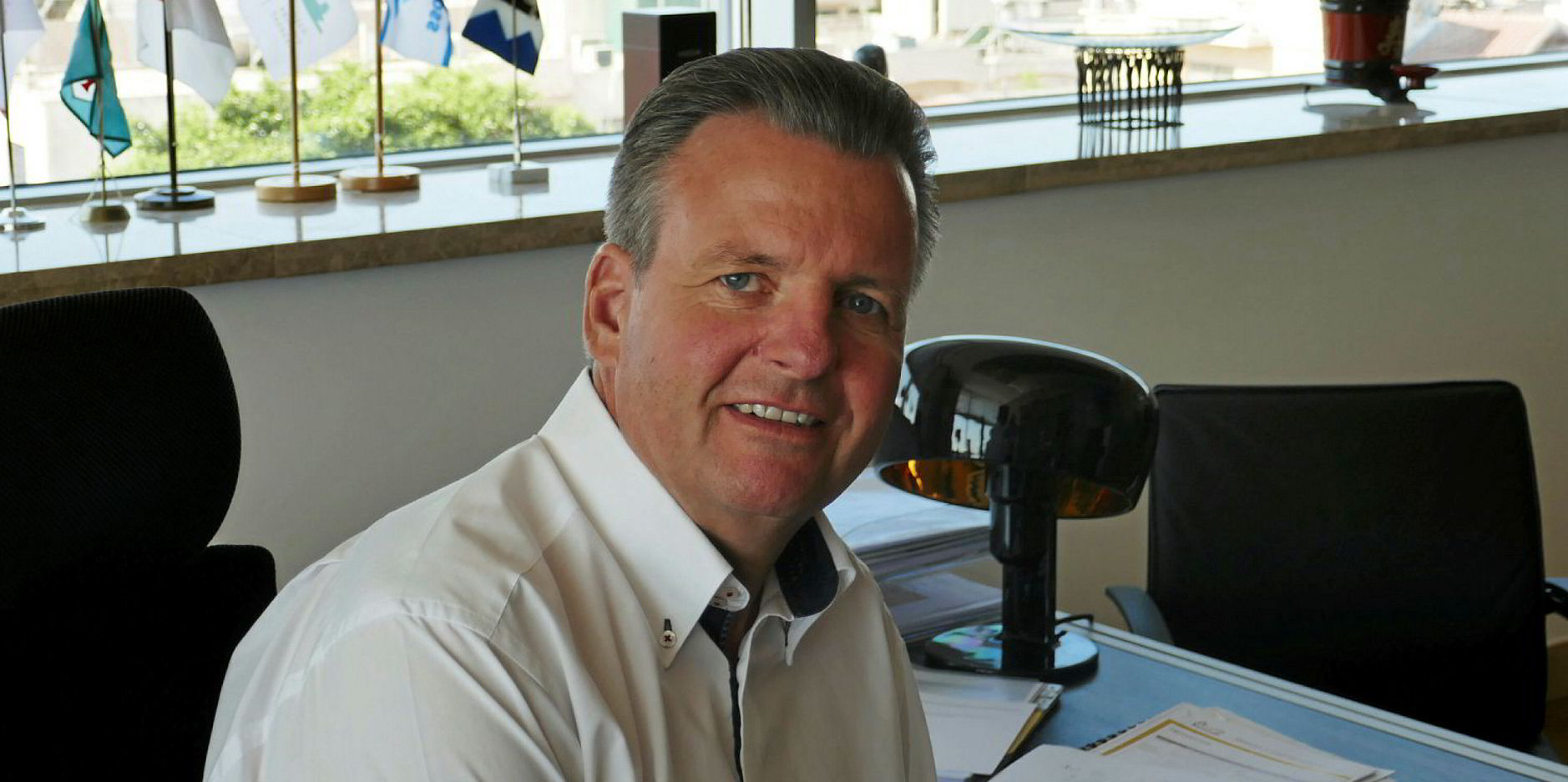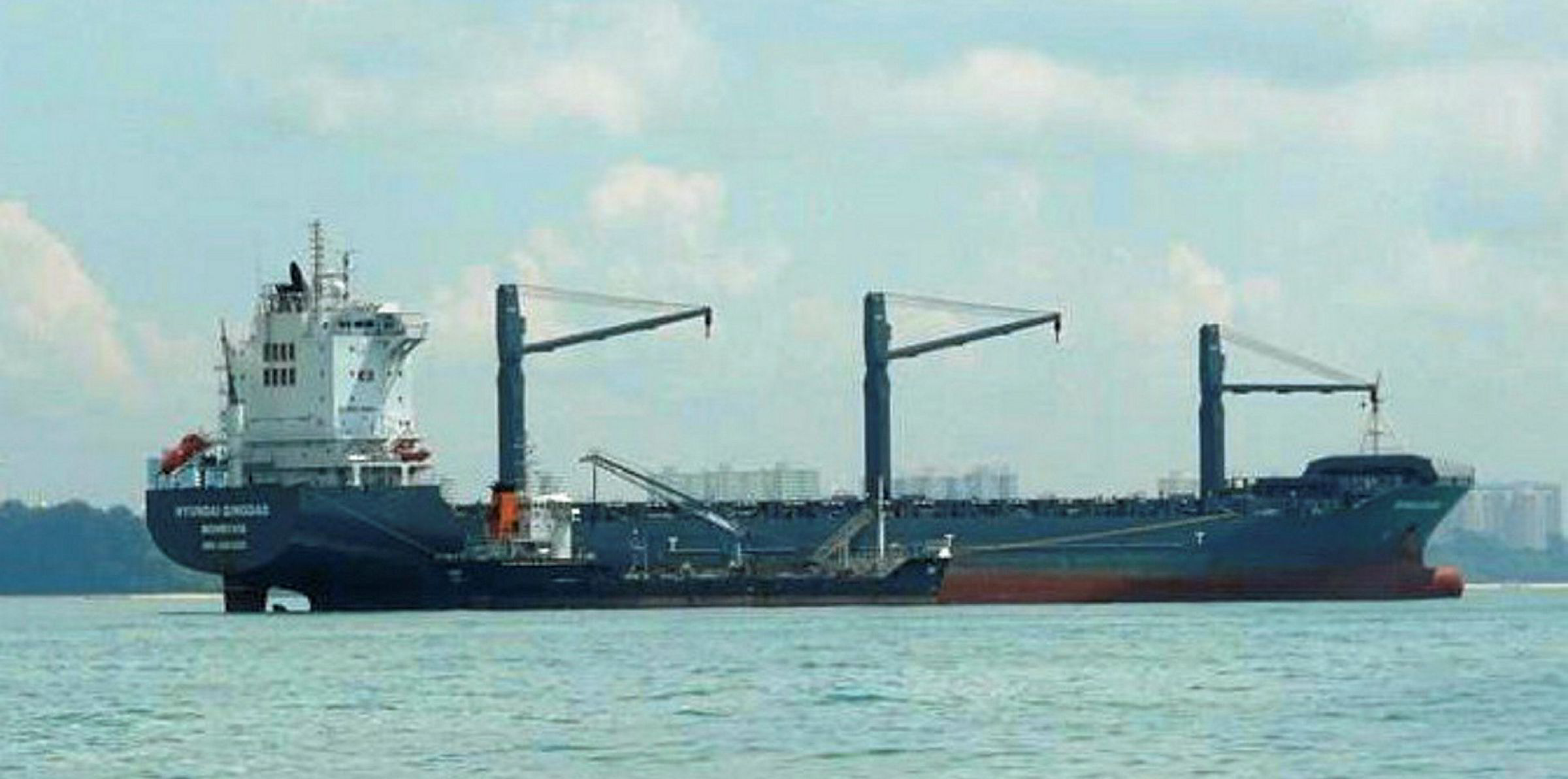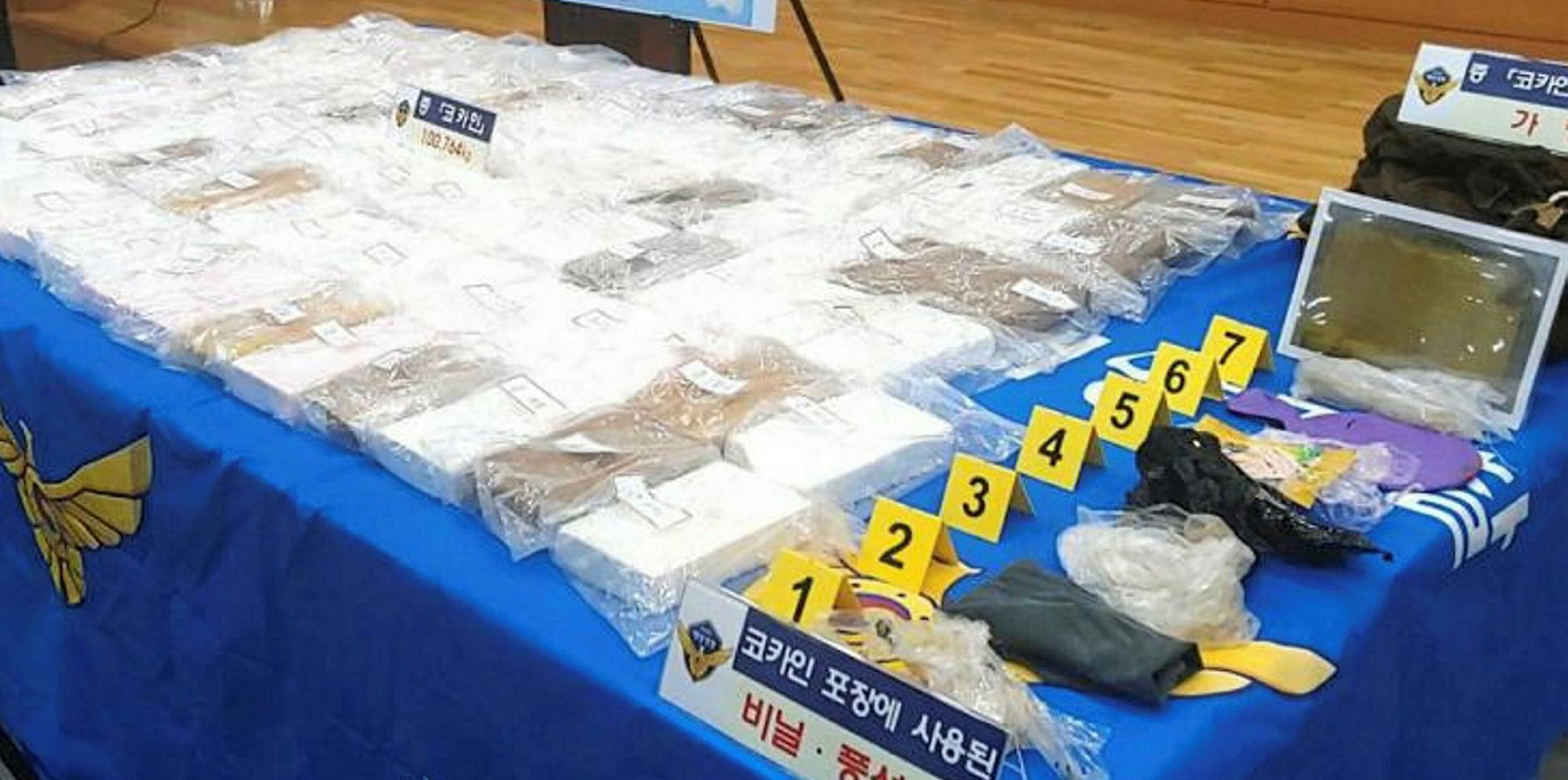An ongoing case of a Polish master thrown into a Mexican prison after drugs were found onboard his vessel has culminated in a petition calling for his release.
The situation facing Andrzej Lasota is shining a spotlight on the risk facing seafarers as drugs smugglers use their vessels to transport illicit cargoes.
The master was commanding the Cyprus-registered, 32,000-dwt multipurpose vessel UBC Savannah (built 2000) when it was detained on 5 August last year. That came after 240 kg of cocaine was found in one of the holds at a port call at Altamira, Mexico.
Lasota was arrested on grounds of alleged negligence for failing to be aware that the ship may have been carrying prohibited substances.
But his Cyprus-based shipmanagement company fears his adherence to proper procedures may have contributed to his plight.
Tip-off
Intership Navigation managing director Dieter Rohdenburg said the authorities were alerted after a tip-off that the vessel may be used for a possible drug smuggling operation.
He said the vessel was subject to multiple extensive searches using dogs at the loading port at Barranquilla, Colombia, by both local police and port security officers.
But the stash of cocaine was not found until the ship’s crew noticed suspicious packages in the hold during unloading operations in Mexico.
The packages had been buried under several thousand tonnes of petcoke coal, which had made it virtually impossible to detect while being loaded by grabs.
Lasota immediately suspended discharging and reported the findings to the Mexican authorities.
But the authorities proceeded to arrest both the vessel and its crew members, who were then imprisoned in Ciudad Victoria.
Lasota remains in jail, but crew members were released by the court some two months after the initial arrest. They were re-arrested for overstaying their port passes due to the detainment.
After a further six weeks in custody, they were deported.
Growing risk
An increasing number of drugs are shipped in containers, meaning the shipowner cannot access the cargo, and the responsibility for the shipment is with the shipper.
But on bulkers carrying loose cargoes, the shipowner has more questions to answer.
That has been problematic for Intership, which had a second vessel, the 38,000-dwt UBC Tokyo (built 2005), arrested in Altamira in early September with just 50 kg of cocaine.
A third vessel arrested under similar circumstances is the 54,042-dwt Delphi Ranger (built 2009), managed by Greece’s Enterprise Shipping & Trading.
Meanwhile, Lasota has been transferred to a federal prison in Tepic, where efforts to free him have culminated in a petition to Polish President Andrzej Duda.
A letter signed by Intership Navigation fleet superintendent Piotr Rusinek highlighted allegations that the captain was detained without either due cause or trial.
It refers to “innocent seamen, going about their daily business, being treated as common criminals”.
A Mexican judge set a five-month deadline for the prosecutor's office to gather evidence to start the trial proceedings, which may take up to two years.
If found guilty, the captain faces prolonged imprisonment, ranging from anything between 10 and 20 years.
“It is believed that our captain has become an accidental victim of a dirty drug cartel game,” the petition said.
It added that the situation is “unmanageable by local authorities who are simply not equipped to handle the prolific increase in drug trafficking offences, assigning responsibility for alleged delivery to innocent parties”.






